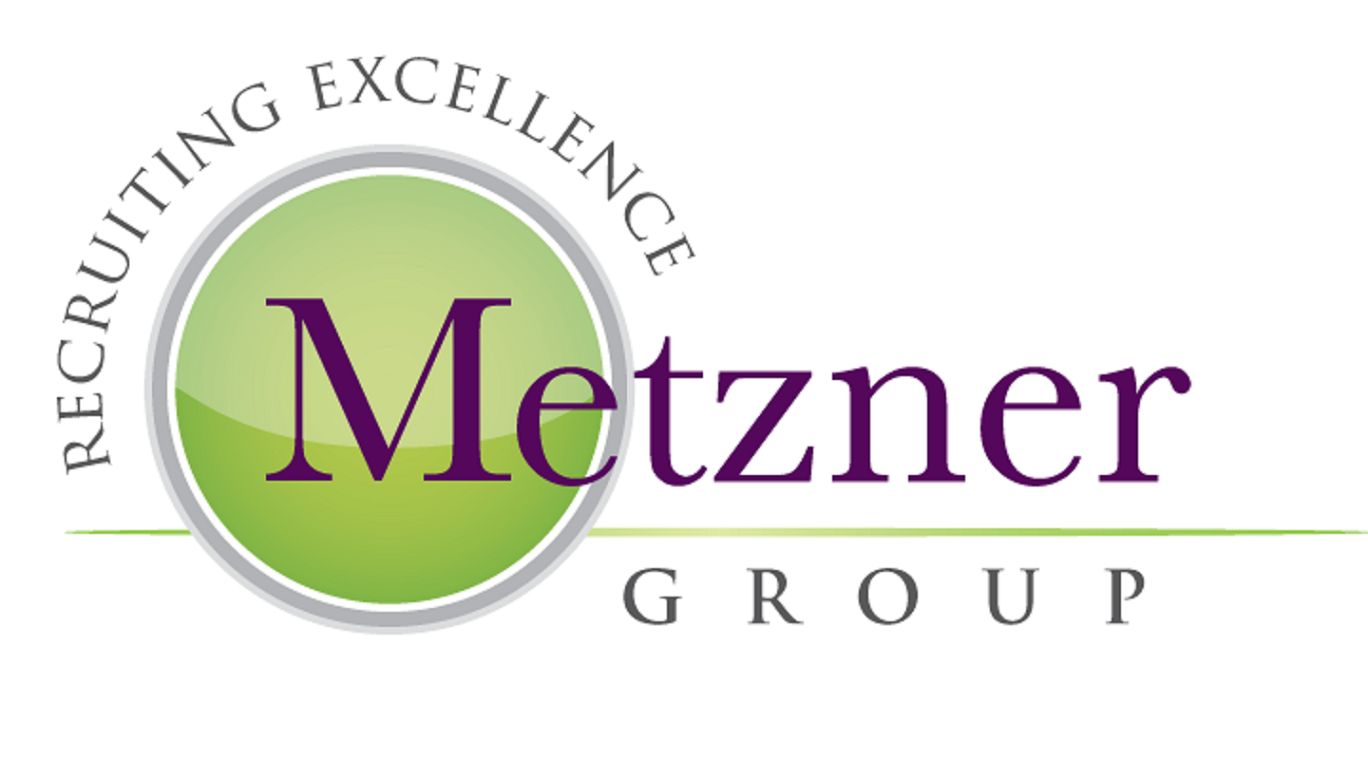What Happened To The Civil Engineering Internship?
Another casualty of the economic downturn: The Civil Engineering Internship.
Recently I received a call from a career development coordinator for the engineering department at a respected university. We discussed the difficulty in finding internship placement for her recent civil engineering graduates. In the past, the department saw each graduate easily find civil engineering apprenticeships. In the past two years the university has struggled to find any for their students, let alone jobs post graduation.
When I worked as a corporate recruiter, internship experience was an added-value on a resume. Whether it was working with a summer survey crew or assisting in processing plans, the students with experience received favoritism from many hiring managers. These students were perceived as having valuable practical knowledge. One manager said “this student knows what it means to get up and go to work at a civil engineering firm.” He would routinely hire these students over their counterparts who had no relevant apprentice accomplishment.
While some civil engineering firms have been hiring, they are holding on bringing in students. What will the effect be on the civil engineering profession 4, 8 or 12 years from now?
The Metzner Group Blog




